Shipping & Logistics Services
IMPORT & EXPORT
Import and export are two key activities in shipping and logistics, which involves the transportation of goods and products from one location to another. In import, goods, and products are brought into a country from another country, while in export, goods, and products are sent from one country to another country.
In shipping and logistics, import and export involve a range of activities, including transportation, documentation, customs clearance, and risk management. Shipping and logistics companies act as intermediaries
between shippers and carriers, and they are responsible for coordinating the transportation of goods by air, sea, or land.
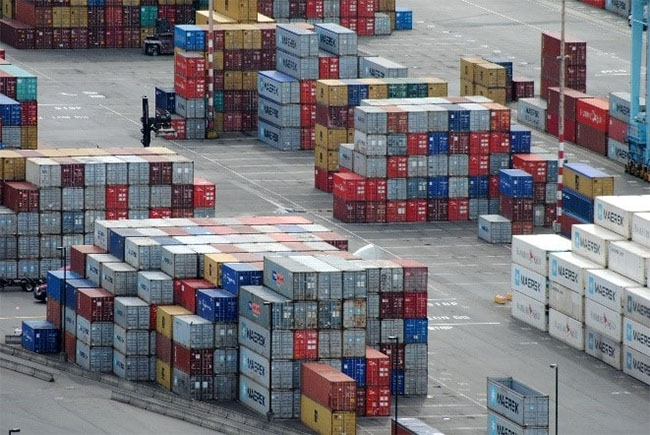
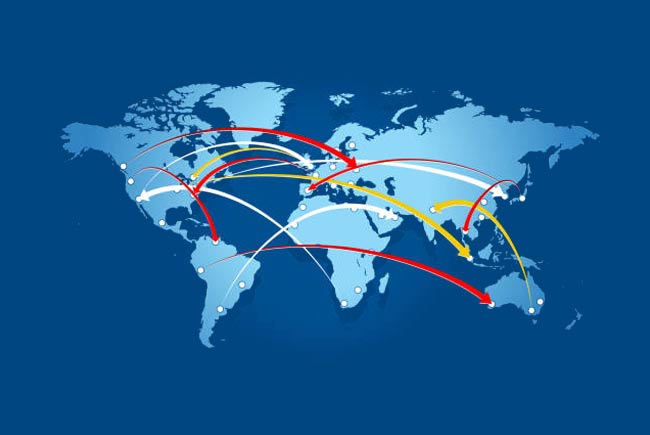
CROSS TRADE
Cross-trade can be advantageous for companies that do not have a physical presence in the countries where the shipment originates or is delivered . Cross trade in logistics and shipping refers to a type of trade arrangement where a shipment is moved from one country to another country by a freight forwarder or logistics provider without passing through the home country of the exporter or importer. In cross-trade, the shipment may be moved by sea, air, or land transportation, and the freight forwarder or logistics provider takes care of all the necessary arrangements, including customs clearance, documentation, and delivery to establish a local presence.
FREIGHT FORWARD
At Linkus, the freight forwarders are experts in the logistics and transportation industry and are responsible for coordinating the movement of goods from one point to another.
Freight forwarders handle a range of services, including negotiating rates with carriers, booking cargo space, preparing and submitting documentation to customs authorities, coordinating with other parties involved in the shipment, and providing information and advice to their clients on logistics and transportation matters.
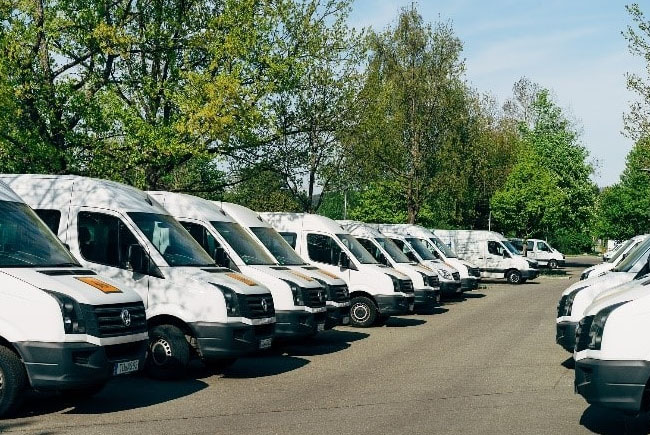
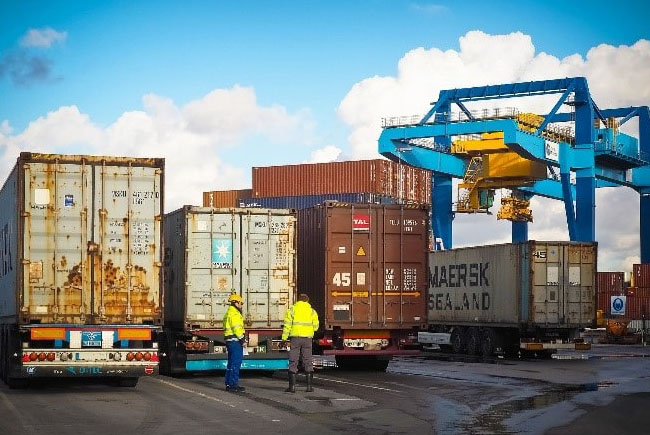
CUSTOM CLEARANCE
Customs clearance is an important aspect of logistics and shipping because it helps ensure that goods are legally and properly transported across borders and that they meet all relevant regulatory requirements. Customs clearance can be a complex process that involves several parties, including the exporter, importer, freight forwarder, customs broker, and customs authorities.
DROP SHIPPING
Drop shipping is a type of retail fulfilment method where a retailer does not keep inventory in stock but instead transfers the order and shipment details to a manufacturer, wholesaler, or supplier who then directly ships the product to the customer. The retailer essentially acts as a middleman in the transaction, without ever physically handling or stocking the product.

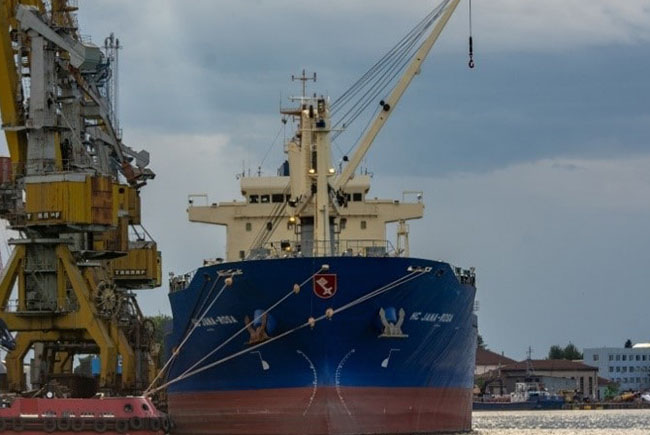
VESSEL CHARTERING
In vessel chartering, the charterer may either hire the entire vessel for a specific period of time, known as time chartering or hire a portion of the vessel’s cargo space for a specific journey, known as voyage chartering.
The charterer is responsible for paying the vessel owner or operator for the use of the vessel, as well as any associated costs, such as fuel, crew, insurance, and port fees. The charterer is also responsible for arranging the loading and unloading of the cargo and for ensuring that the cargo is properly packaged and secured for transportation.
AIR & SEA LOGISTICS
Both air and sea logistics involve a range of shipping and logistics services, including freight forwarding, customs clearance, warehousing, and transportation management. These services are provided by various industry players, including carriers, freight forwarders, customs brokers, and logistics providers, and they play a critical role in ensuring that goods are transported safely, efficiently, and in compliance with relevant regulations.
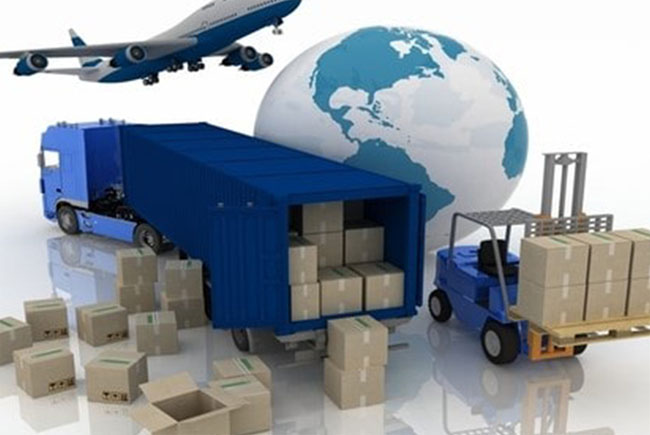

RAIL & ROAD LOGISTICS
Rail logistics involve the transportation of goods by rail, typically through freight trains or intermodal containers. Rail logistics are often used for transporting large quantities of bulk materials, such as coal, grains, and chemicals, as well as finished goods, such as consumer products, textiles, and machinery. Rail logistics can also be used for transporting oversized or overweight cargo that cannot be transported by road, such as large industrial equipment.
SHIPPING CONSULTANCY
As a shipping consultancy, our primary focus is to provide expert advice and guidance to clients in the field of shipping and logistics. This may involve working with clients in a variety of industries, such as shipping companies, freight forwarders, logistics providers, and government agencies, to help them achieve their business objectives and optimize their shipping operations.
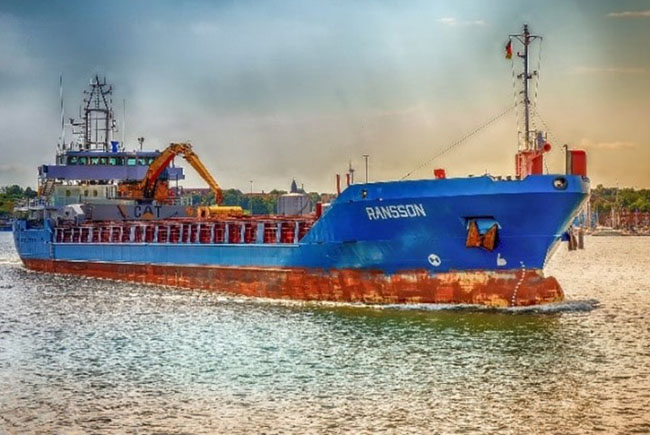

SUPPLY CHAIN CONSULTANCY
The supply chain plays a critical role in logistics, as it encompasses the entire process of planning, sourcing, manufacturing, distributing, and delivering products to customers. Logistics is a key component of the supply chain, as it involves the physical movement and storage of goods and materials. The supply chain and logistics are closely related and interdependent, with each playing a significant role in ensuring the timely and efficient movement of goods.
CONTAINER FREIGHT STATION
Container Freight Stations (CFS) are an essential component of the logistics department as they help to facilitate the efficient movement of goods between different transportation modes and provide a range of value-added services to help streamline the logistics process. These facilities are typically located near seaports or other major transportation hubs and are used to manage the movement of goods between different modes of transportation, such as ocean vessels, trucks, and rail.
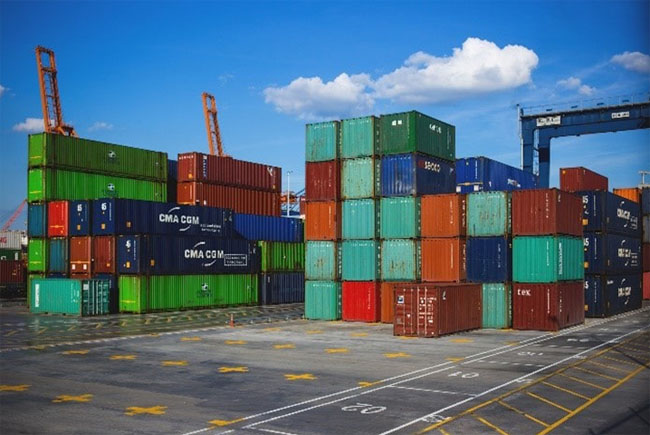
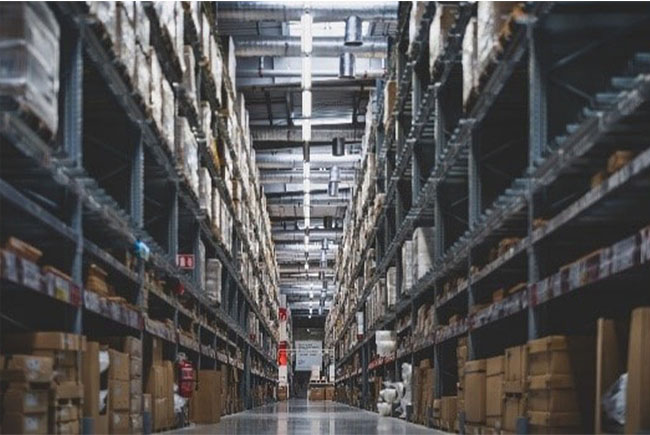
STORAGE & WAREHOUSE
Storage and warehouse facilities are essential components of shipping and logistics operations. These facilities are used to temporarily store goods during the transportation process and provide a range of value-added services to ensure that products are properly handled, stored, and distributed.
CONTAINER BOOKING
Container booking is an essential component of the logistics process, as it ensures that the necessary equipment is available to transport goods and that the shipping process runs smoothly. container booking is an important step in the logistics process, helping to ensure that goods are transported safely and efficiently. By carefully selecting the appropriate container type, working with a reputable shipping line or freight forwarder, and properly preparing the shipment, businesses can optimize their logistics operations and improve their bottom line.
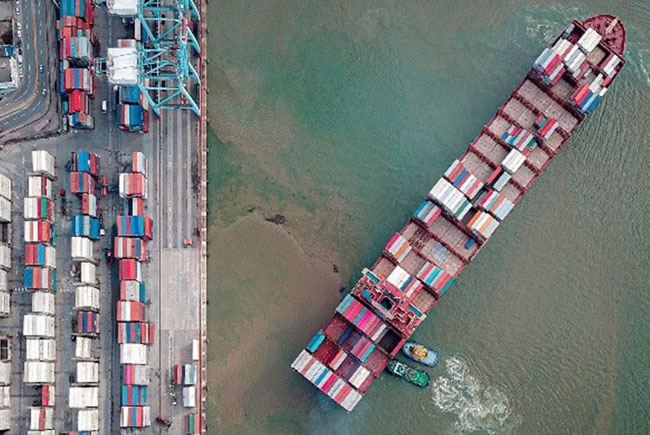
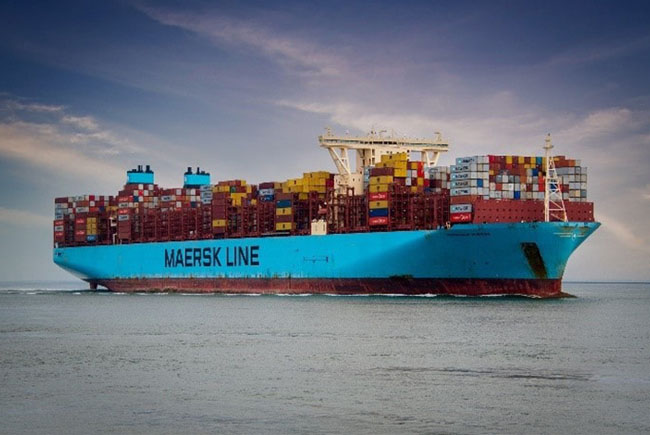
VESSEL BOOKING
Here are some of the key features and benefits of a vessel booking facility:
Availability and booking of vessels: A vessel booking facility enables shippers to search for and book vessels based on their specific needs, including the type of cargo, the origin and destination ports, and the desired sailing dates.
Real-time tracking: A vessel booking facility can provide real-time tracking of the vessel and the cargo, enabling shippers to monitor the status of their shipments and ensure timely delivery.
Access to competitive rates: By using a vessel booking facility, shippers can access competitive rates and compare prices from multiple shipping lines or freight forwarders, helping to reduce transportation costs.
Improved efficiency: Vessel booking facilities can help improve the efficiency of the shipping process by automating the booking and tracking process, reducing manual work and errors, and providing a centralized platform for managing shipping operations.
Enhanced communication: A vessel booking facility can facilitate communication between shippers, carriers, and other logistics providers, enabling them to collaborate more effectively and efficiently. a vessel booking facility can help shippers optimize their logistics operations by providing easy access to vessel space, competitive rates, and real-time tracking information. By taking advantage of these benefits, businesses can improve their supply chain efficiency, reduce costs, and gain a competitive advantage in the marketplace.
MAINLAND LOGISTICS
Here are some of the key mainland logistics services that are available:
Transportation: Mainland logistics services provide transportation of goods within a country’s domestic market, using a range of transportation modes including road, rail, air, and sea.
Warehousing: Warehousing is an essential component of mainland logistics services, providing a space to store and manage inventory, as well as to carry out value-added services such as packaging and labelling.
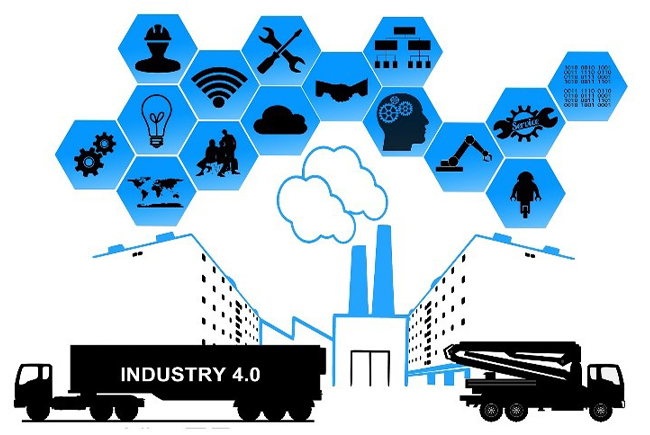
Inventory management: Mainland logistics services provide inventory management, including stock level monitoring, demand forecasting, and order fulfillment.
Order fulfillment: Mainland logistics services fulfill customer orders by picking and packing products and shipping them to their final destinations using various transportation modes.
Last-mile delivery: Mainland logistics services provide last-mile delivery, which involves the transportation of goods from a warehouse or distribution center to the end customer.
Value-added services: Mainland logistics services provide a range of value-added services such as quality control inspections, packaging, and labeling, which can help ensure that products are in compliance with regulatory requirements and meet customer specifications. Overall, mainland logistics services are essential for the movement and distribution of goods within a country’s domestic market. By taking advantage of these services, businesses can improve their supply chain efficiency, reduce costs, and gain a competitive advantage in the domestic marketplace.

ALL FREEZONES SERVICES
Here are some of the key free zone services that are available for logistics:
Customs and duty exemptions: Free zones typically offer exemptions from customs duties and taxes on imports and exports, which can help reduce the costs of logistics operations.
Simplified customs procedures: Free zones often have simplified customs procedures, which can help expedite the movement of goods across international borders and reduce the risk of delays or other logistical problems
Dedicated logistics infrastructure: Free zones may offer dedicated logistics infrastructure, such as warehouses, distribution centers, and transport networks, which can help streamline logistics operations and reduce costs.
Business support services: Free zones often provide a range of business support services, such as legal, financial, and administrative services, which can help businesses manage logistics operations more effectively.
Access to foreign markets: Free zones offer businesses access to foreign markets, which can help increase sales and profitability by providing new opportunities for growth and expansion.
Tax incentives: Many free zones offer tax incentives to businesses involved in logistics and other industries, which can help reduce the cost of doing business and increase profitability.
Overall, free zones offer a range of services and benefits that can help businesses involved in logistics to operate more efficiently and effectively. By taking advantage of these services, businesses can reduce costs, increase profits, and gain a competitive advantage in the global marketplace.




